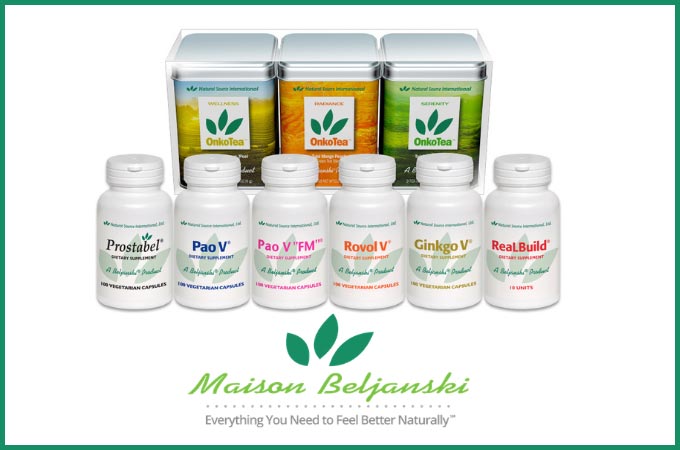Our Current Laws Do Not Protect You From Toxic Chemicals
Every day, just in the course of normal activities, we are exposed to an unbelievable range of toxic chemicals that we may not know about. Of the 80,000-plus chemicals that have been approved to be on the market in the United States, approximately 17,000 are "secret." Literally, we don't know what they are.
From Bisphenol A in water bottles and cash register receipts, toxic flame retardants in furniture, and pthalates in food containers and air fresheners, to formaldehyde in hair salons that use hair-straightening products, it is nearly impossible to escape exposure to chemicals that have been linked to cancer, endocrine-disruption, liver disease and more.
If you believe that our current laws and regulations protect you and your family from all these chemicals, you are mistaken.
The main law that governs the safety of chemical products, the 1976 Toxic Substance Control Act (TSCA), is woefully outdated and weak. Full of loopholes and provisions that protect chemical and product manufacturers instead of people, TSCA continues to be interpreted and implemented in a way that creates secrecy, not safety, in the chemical industry.
How bad is the law? Even the U.S. Environmental Protection Agency's (EPA) regulation banning virtually all uses of asbestos, a dangerous and well-known carcinogen, was struck down by the courts as not authorized because TSCA requires the "least burdensome" approach for the industry. This language continues to deter the EPA from protecting us from risky chemicals.
If TSCA fails to protect us from asbestos, Bisphenol A, toxic flame retardants, pthalates and formaldehyde, then what other toxic chemicals does it allow in our daily lives?
Recent proposals in Congress to reform TSCA fail to address the level of secrecy in the chemicals industry and do little to address the main failings of the current law. Politicians continue to place the burden on the EPA to prove a chemical is unsafe rather than making manufacturers prove their products are nontoxic.
Earthjustice has been working hard for years with partners like the Safer Chemicals, Healthy Families coalition that represents more than 11 million people from across the nation to advocate for meaningful reform to the TSCA.
A true reform bill would give the EPA a clear mandate to judge the safety of chemicals based solely on their effect on human health and the environment.
























